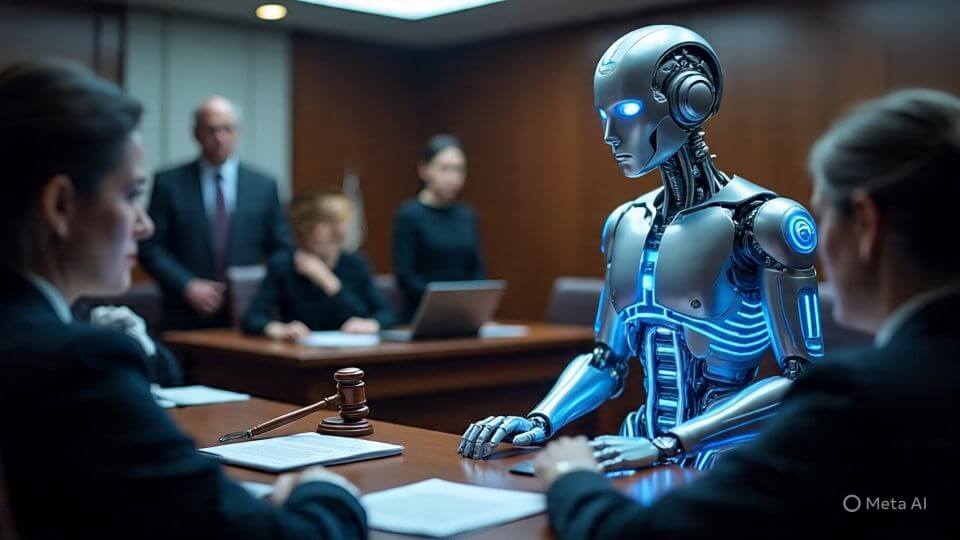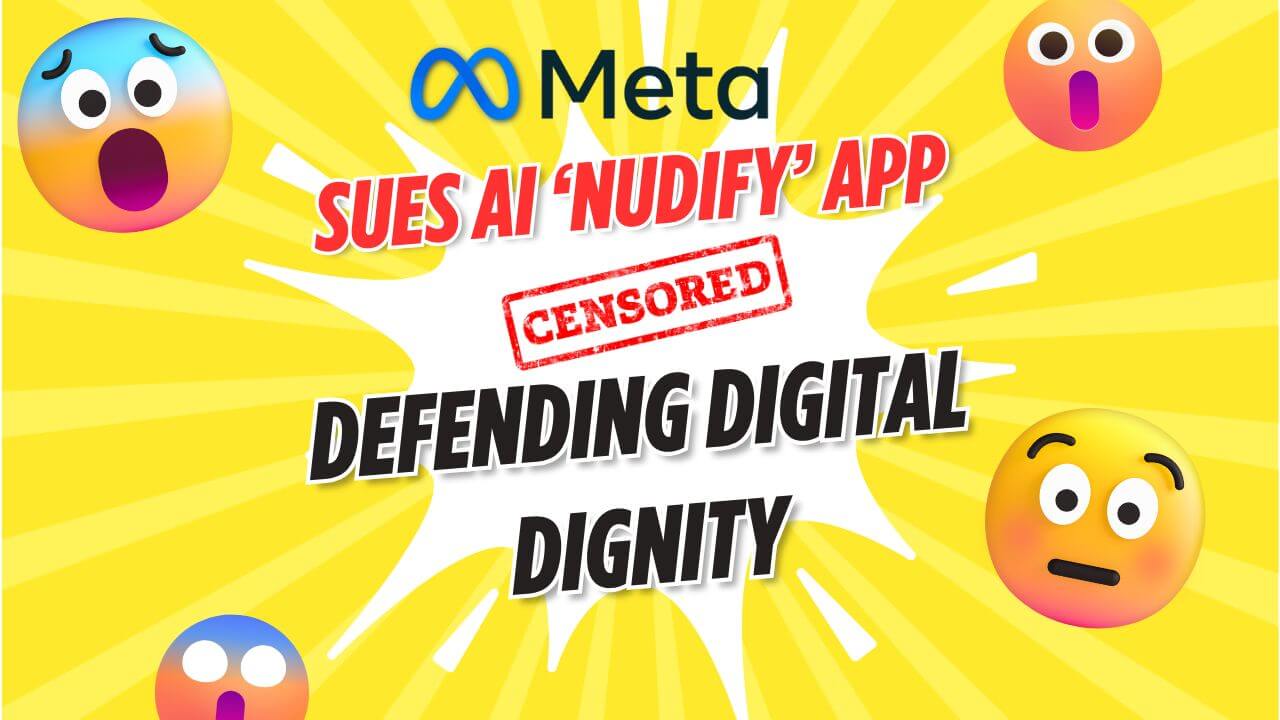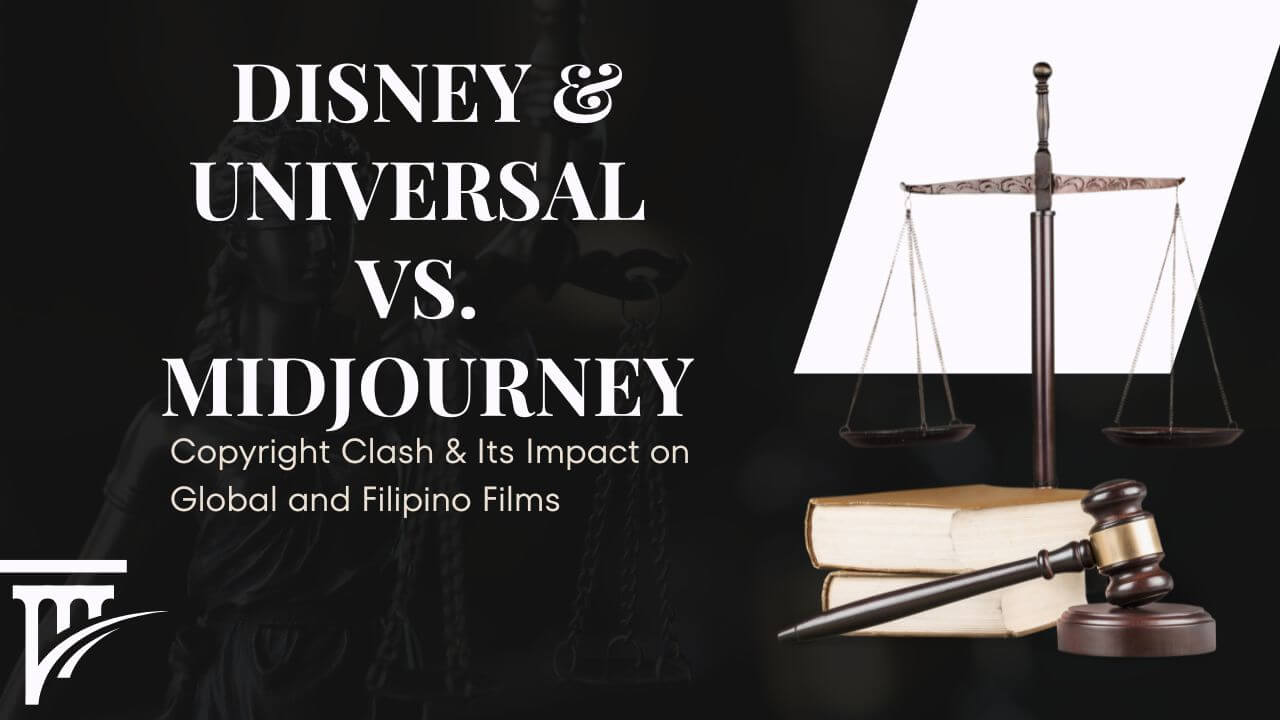How Your ChatGPT Habit Might Be Putting Your Job, Savings, and Future at Risk
A recent report from MSN highlights a growing and alarming trend: using AI for work could now land you in serious legal trouble. According to the article “Using AI for work could land you on the receiving end of a nasty lawsuit”, professionals are facing lawsuits for everything from AI-generated copyright infringement to sharing confidential data with chatbots.
This isn’t just a foreign problem—it’s a wake-up call for the millions of Filipinos now relying on tools like ChatGPT, Gemini, and DeepSeek to boost productivity. That client email, marketing copy, or legal summary you asked AI to draft could be a ticking time bomb for your career and finances.
The age of careless AI use is over. The new era demands we understand the legal minefields hidden in our prompts.
🚨 YOU MIGHT BE BREAKING THE LAW RIGHT NOW
You used ChatGPT to draft that client email.
You had AI summarize a confidential report.
You used a generated image for your presentation.
Feeling productive? You should be feeling nervous.
A shocking new wave of lawsuits is targeting employees and companies for how they use AI at work. And if you think it’s just a “Western problem,” think again—Philippine laws are already catching up.
💀 REAL CASES: WHEN AI “HELP” GOES HORRIBLY WRONG
- A US lawyer used ChatGPT for legal research. It invented fake cases. He now faces disbarment and fines.
- A freelance writer plagiarized AI-generated content. Her client sued for copyright infringement.
- An employee input confidential company data into ChatGPT. He was fired for breaching data policies.
This isn’t sci-fi. This is today’s workplace.
⚖️ 3 WAYS AI CAN GET YOU SUED IN THE PHILIPPINES
1. Data Privacy Violations (The #1 Risk)
- What Happens: You paste customer info, internal data, or trade secrets into AI tools.
- The Law: Philippine Data Privacy Act (RA 10173) fines companies—and sometimes employees—up to ₱5 Million for breaches.
- You Might Be Guilty If: You’ve ever asked AI to “rewrite this customer complaint” or “analyze these sales figures.”
2. Copyright Infringement
- What Happens: You use an AI image, text, or code that unknowingly copies protected work.
- The Law: Intellectual Property Code allows original creators to sue for damages.
- You Might Be Guilty If: You’ve used AI-generated logos, marketing text, or articles without verifying originality.
3. Defamation and Libel
- What Happens: AI generates false, damaging statements about a person or company.
- The Law: Cybercrime Prevention Act (RA 10175) penalizes online libel.
- You Might Be Guilty If: You used AI to draft a negative review, complaint letter, or social media post without fact-checking.
🧠 “TOO CRYPTIC? EXPLAIN LIKE I’M 12”
Using AI at work is like using a photocopier that sometimes adds its own ideas.
If you copy a secret document → you get in trouble.
If it copies a drawing from a comic book → you get in trouble.
If it prints a lie about someone → you get in trouble.
Even if the machine made the mistake, you’re the one holding the paper.
🛡️ HOW TO PROTECT YOURSELF (NOT JUST YOUR JOB)
- NEVER Input Confidential Data
- No client info, no internal strategies, no unpublished data.
- Always Fact-Check & Edit
- Treat AI like a creative but lazy intern—always verify its work.
- Know Your Company’s AI Policy
- If they don’t have one, ask HR. Silence isn’t permission.
- Use AI Tools with Privacy Guards
- Some platforms (like certain enterprise versions) don’t train on your data.
🇵🇭 THE PHILIPPINE CONTEXT: WHY THIS IS URGENT
More Filipino companies are:
- Writing AI use policies into contracts
- Monitoring employee AI activity
- Firing staff for reckless AI use
You could be an example—don’t be the test case.
🎯 BOTTOM LINE: AI IS A TOOL, NOT A SCAPEGOAT
When things go wrong, companies won’t blame the AI. They’ll blame you.
Use AI wisely. Don’t become a headline.







